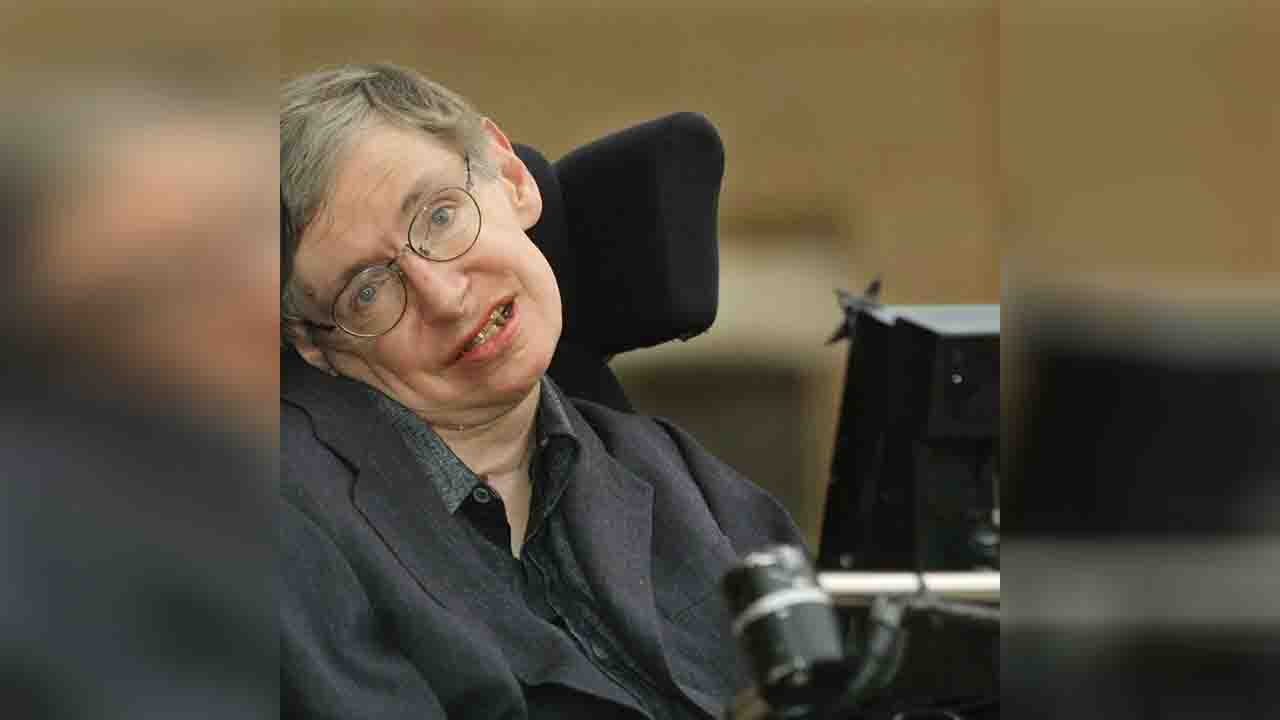Cambridge University, nestled in the heart of the historic city of Cambridge, England, is renowned worldwide for its rich academic tradition and the extraordinary contributions of its scientists to the realm of knowledge. Over the centuries, this venerable institution has been a cradle for some of the brightest minds in various scientific disciplines. In this article, we celebrate the remarkable achievements of the scientists who have emerged from Cambridge, leaving an indelible mark on the world.
The Birthplace of Modern Physics
Cambridge University has been a powerhouse in the realm of physics, nurturing the genius of luminaries like Sir Isaac Newton. Newton’s groundbreaking work in the 17th century laid the foundation for classical mechanics and the laws of motion. His magnum opus, “Philosophiæ Naturalis Principia Mathematica,” remains one of the most influential scientific texts ever written. Today, the Isaac Newton Institute for Mathematical Sciences at Cambridge continues to carry forward his legacy, fostering cutting-edge research in mathematics and theoretical physics.
Unlocking the Secrets of DNA
In the 20th century, Cambridge was home to another transformative scientific breakthrough: the discovery of the structure of DNA. The team of James Watson and Francis Crick, along with contributions from Rosalind Franklin and Maurice Wilkins, unraveled the double helix structure of DNA in 1953. This discovery revolutionized our understanding of genetics and laid the groundwork for the field of molecular biology, paving the way for advances in genetics, genomics, and personalized medicine.
Stephen Hawking’s Cosmic Insights
Perhaps one of the most iconic scientists of our time, Professor Stephen Hawking, was a product of Cambridge University. Despite battling a debilitating disease, Hawking made groundbreaking contributions to theoretical physics and cosmology. His work on black holes and the nature of the universe captivated both scientists and the general public. His best-selling book, “A Brief History of Time,” made complex scientific concepts accessible to a wider audience, inspiring countless individuals to delve into the mysteries of the cosmos.
Leaders in Computer Science
Cambridge has also played a pivotal role in the field of computer science. Alan Turing, a Cambridge alumnus, is often considered the father of modern computer science and artificial intelligence. His Turing Machine concept laid the theoretical groundwork for digital computing, and his code-breaking efforts during World War II were instrumental in deciphering German Enigma machine-encrypted messages, a critical factor in the Allied victory.
Environmental Stewards and Nobel Laureates
Cambridge scientists have made significant contributions to environmental science as well. Sir David Attenborough, a former Cambridge student, has become a global icon for his work in natural history and conservation. Additionally, the university boasts multiple Nobel laureates, including Dorothy Crowfoot Hodgkin in chemistry and Richard Stone in economics, who have advanced our understanding of complex scientific and economic phenomena.
Cambridge University has, throughout its storied history, been a crucible of innovation and intellectual exploration. The scientists who have emerged from its hallowed halls have made profound and lasting contributions to our understanding of the natural world, the universe, and the technologies that shape our lives. Their work continues to inspire future generations of scientists and underscores the enduring significance of Cambridge in the world of science. The marvels of Cambridge are not just historical achievements but a living testament to the power of human curiosity and the pursuit of knowledge.








